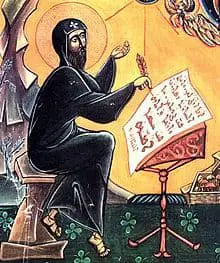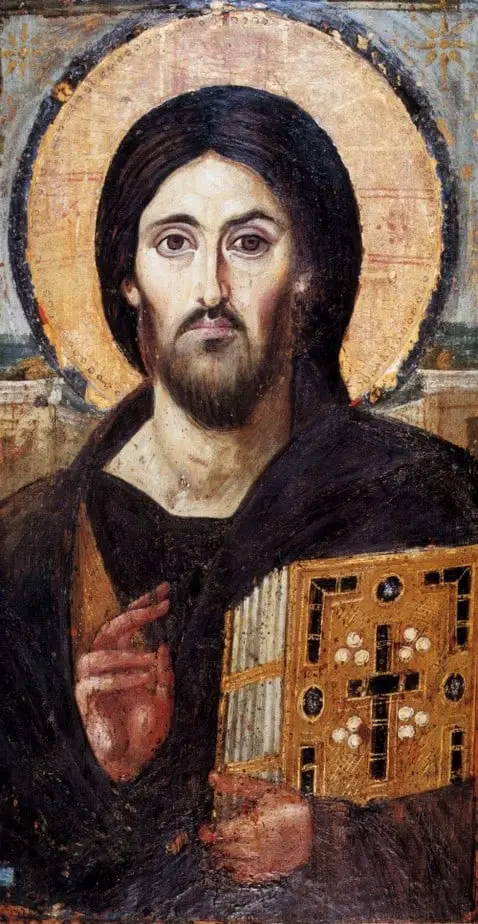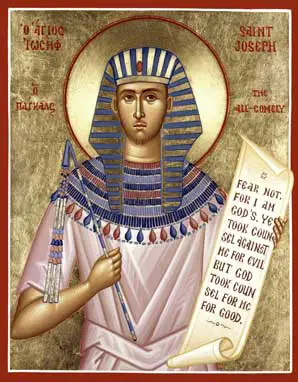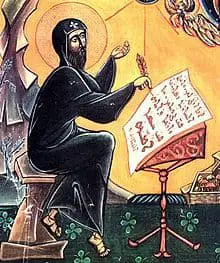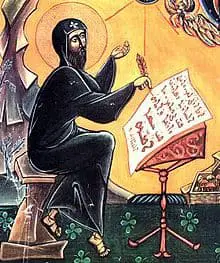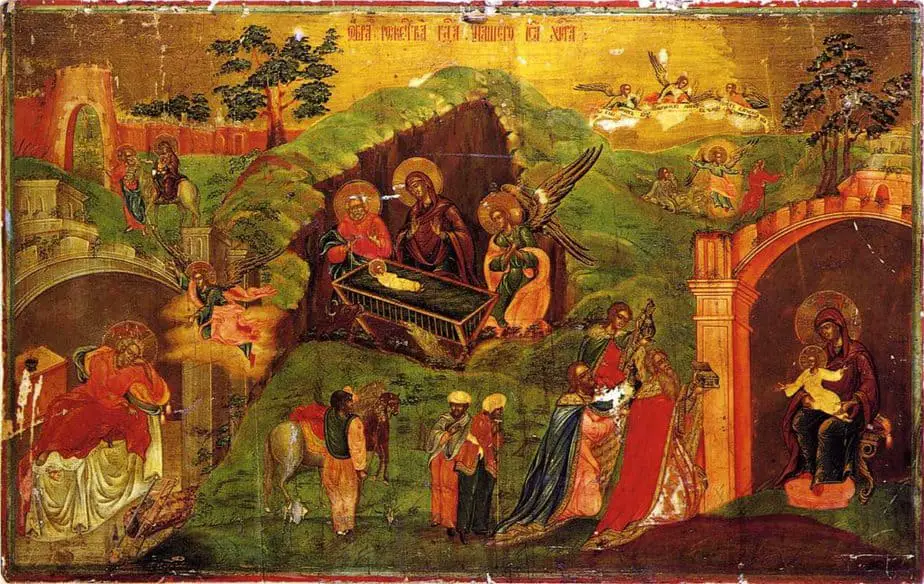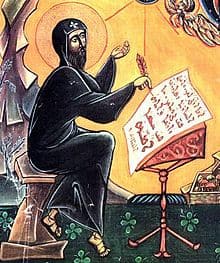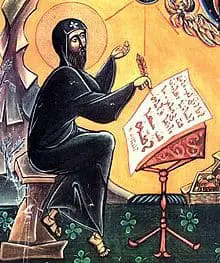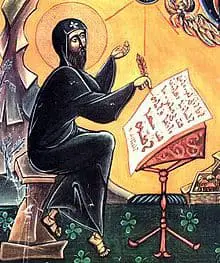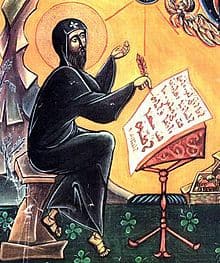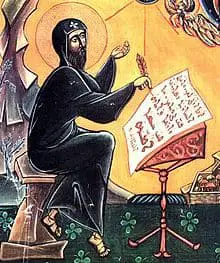The facts themselves bear witness and his divine acts of power teach those who doubt that he is true God, and his sufferings show that he is true man. And if those who are feeble in understanding are not fully assured, they will pay the penalty on his dread day.
If he was not flesh, why was Mary introduced at all? And if he was not God, whom was Gabriel calling Lord?
If he was not flesh, who was lying in the manger? And if he was not God, whom did the Angels come down and glorify?
If he was not flesh, who was wrapped in swaddling clothes? And if he was not God, whom did the shepherds worship?
If he was not flesh, whom did Joseph circumcise? And if he was not God, in whose honour did the star speed through the heavens?
If he was not flesh, whom did Mary suckle? And if he was not God, to whom did the Magi offer gifts?
If he was not flesh, whom did Symeon carry in his arms? And if he was not God, to whom did he say, “Let me depart in peace”?
If he was not flesh, whom did Joseph take and flee into Egypt? And if he was not God, in whom were words “Out of Egypt I have called my Son” fulfilled?
If he was not flesh, whom did John baptise? And if he was not God, to whom did the Father from heaven say, “This is my beloved Son, in whom I am well-pleased”?
If he was not flesh, who fasted and hungered in the desert? And if he was not God, whom did the Angels come down and serve?
If he was not flesh, who was invited to the wedding in Cana of Galilee? And if he was not God, who turned the water into wine?
If he was not flesh, in whose hands were the loaves? And if he was not God, who satisfied crowds and thousands in the desert, not counting women and children, from five loaves and two fishes?
If he was not flesh, who fell asleep in the boat? And if he was not God, who rebuked the winds and the sea?
If he was not flesh, with whom did Simon the Pharisee eat? And if he was not God, who pardoned the offences of the sinful woman?
If he was not flesh, who sat by the well, worn out by the journey? And if he was not God, who gave living water to the woman of Samaria and reprehended her because she had had five husbands?
If he was not flesh, who wore human garments? And if he was not God, who did acts of power and wonders?
If he was not flesh, who spat on the ground and made clay? And if he was not God, who through the clay compelled the eyes to see?
If he was not flesh, who wept at Lazarus’ grave? And if he was not God, who by his command brought out one four days dead?
If he was not flesh, who sat on the foal? And if he was not God, whom did the crowds go out to meet with glory?
If he was not flesh, whom did the Jews arrest? And if he was not God, who gave an order to the earth and threw them onto their faces.
If he was not flesh, who was struck with a blow? And if he was not God, who cured the ear that had been cut off by Peter and restored it to its place?
If he was not flesh, who received spittings on his face? And if he was not God, who breathed the Holy Spirit into the faces of his Apostles?
If he was not flesh, who stood before Pilate at the judgement seat? And if he was not God, who made Pilate’s wife afraid by a dream?
If he was not flesh, whose garments did the soldiers strip off and divide? And if he was not God, how was the sun darkened at the cross?
If he was not flesh, who was hung on the cross? And if he was not God, who shook the earth from its foundations?
If he was not flesh, whose hands and feet were transfixed by nails? And if he was not God, how was the veil of the temple rent, the rocks broken and the graves opened?
If he was not flesh, who cried out, “My God, my God, why have you abandoned me”? And if he was not God, who said “Father, forgive them”?
If he was not flesh, who was hung on a cross with the thieves? And if he was not God, how did he say to the thief, “Today you will be with me in Paradise”?
If he was not flesh, to whom did they offer vinegar and gall? And if he was not God, on hearing whose voice did Hades tremble?
If he was not flesh, whose side did the lance pierce, and blood and water came out?And if he was not God, who smashed to gates of Hades and tear apart it bonds? And at whose command did the imprisoned dead come out?
If he was not flesh, whom did the Apostles see in the upper room? And if he was not God, how did he enter when the doors were shut?
If he was not flesh, the marks of the nails and the lance in whose hands and side did Thomas handle? And if he was not God, to whom did he cry out, “My Lord and my God”?
If he was not flesh, who ate by the sea of Tiberias? And if he was not God, at whose command was the net filled?
If he was not flesh, whom did the Apostles and Angels see being taken up into heaven? And if he was not God, to whom was heaven opened, whom did the Powers worship in fear and whom did the Father invite to “Sit at my right hand”. As David said, “The Lord said to my Lord, sit at my right hand, etc.”
If he was not God and man, our salvation is a lie, and the words of the Prophets are lies. But the Prophets spoke the truth, and their testimonies were not lies. The Holy Spirit spoke through them what they had been commanded.
+ St. Ephrem the Syrian, Excerpt from the Sermon on Transfiguration
